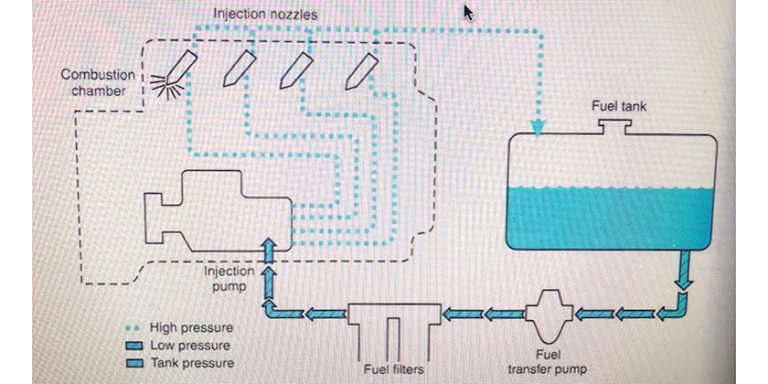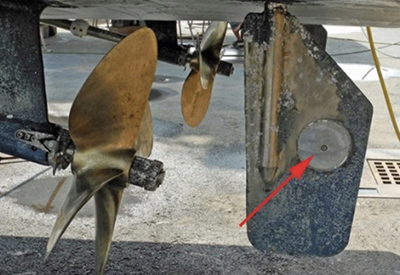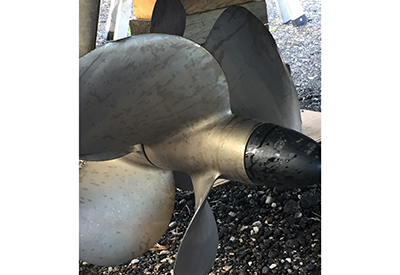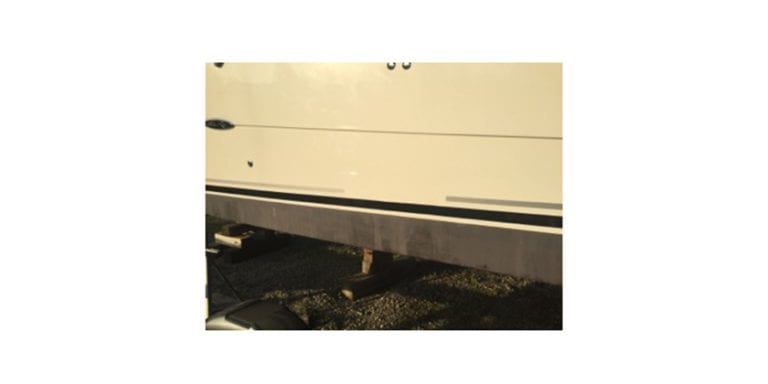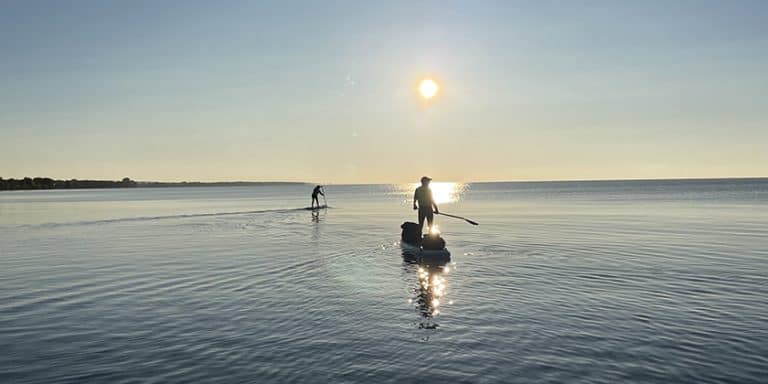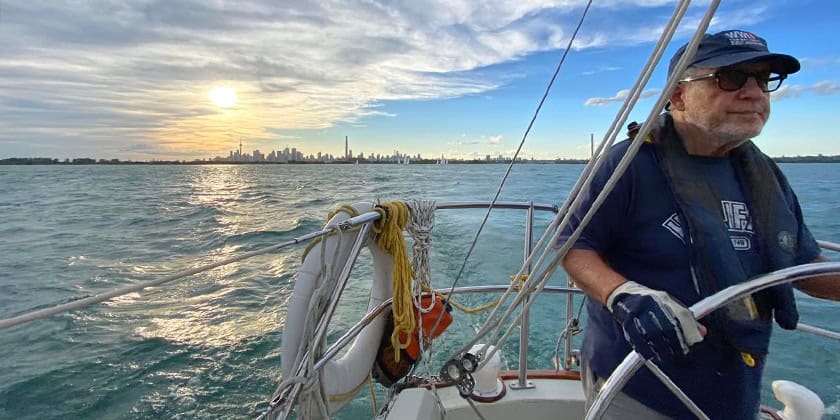Marine Industry Career Path: “Ask” Andrew McDonald
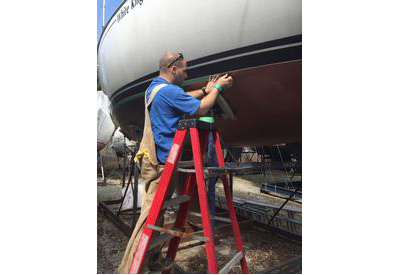
Jan 11, 2022
By Allegra Smith-Herriott
The next graduate in our Marine Industry Career Path series is one of Canadian Yachting Media’s very own, Andrew McDonald!
Andrew most recently graduated from Georgian College in Ontario and has years of great experience in all aspects of the marine industry. He’s a regular contributor to Canadian Yachting in his well-known Ask Andrew series.
In this interview, we learn more about Andrew’s career path alongside some incredible thought-provoking insight into the current state of the marine industry.
Full Name: Andrew McDonald
School: Georgian College
Program: Mechanical Techniques – Marine Engine Mechanic
Graduating Year: 2016
Current Workplace: Lakeside Marine Services
What is your background in the marine industry? Tell us a bit about how you got into the marine industry.
I began work in the marine industry as a passenger-boat Captain on the Toronto Harbourfront as a summer job in 2004. I was in school for business and thought it sounded cool. I was hired, put through an in-house training program, took Transport Canada exams to be licensed as Master, and then put to work. I stayed with the company for 4 years after graduation, and in that time learned about repair and maintenance, in addition to vessel operation.
After this experience, I began working at a boat yard performing repair and maintenance on ship’s systems and basic electrical work. I knew very little about electrical or mechanical theory, so decided to return to school to become a marine technician.
What made you choose your program?
I’ve always been a hands-on learner, and I love to understand how things work. Already passionate about boats, I wanted to understand exactly how every part of a boat works, and the correct way to diagnose and repair each of the systems aboard. Georgian offered that experience.
What was your path after graduation and what are you currently doing now?
After graduating, I worked specifically as a marine technician, putting the theoretical and shop experience to good use. Today, I operate my own boat repair and maintenance business: Lakeside Marine Services (operating throughout the Greater Toronto Area).
How have you seen the marine industry change over the past couple of years?
There is high demand for skilled workers. Every marina operator that I hear from says that it’s tough to find and retain staff.
This also means that many marina operators are reluctant to invest significant time and resources into training, for fear that staff will leave. The problem then becomes cyclical: low wages and lack of attention to training, mean that graduates leave the industry for a greener pastures.
Marina operators aren’t fully to blame: they are under intense pressure from customers to have the boats ready and operable throughout a very short boating season. This pressure means that they don’t have the time/resources to train newcomers to the industry, because the skilled staff are already overworked.
It’s my hope that we see a combination of factors coalesce to re-invigorate the marine repair industry: A commitment to on-the-job training by marina operators. A commitment to focus on apprenticeship, training, and certification. A commitment to upholding standards and licensing.
What kind of practical experience did you get through your program?
More than half the time in the program was spent in a shop environment: a controlled environment where theory was applied through practical assignments.
What was a highlight of your program?
The last program requirement was a 160-hour work experience. Students were required to research, apply and interview for a month-long practicum. This on-the-job training allowed us to apply new skills in a real-world setting. This also allowed employers to ‘try out’ new graduates before hiring, and provide feedback to Georgian on the quality of training provided to new graduates.
What have been some highlights in your career so far, post-graduation?
I spent a short stint working in a wooden boat shop as a shipwright and mechanic. I worked on a number of older wooden power and sail vessels from the 1930’s to the 1960’s. It was a fascinating view into the boating past.
What is one piece of advice you could give someone entering the marine industry?
Everything you learn and are exposed to every day is important. Experienced mechanics can make it look easy: but it takes years (decades) to be exposed to the volume of problems and solutions and understand when, why and how to diagnose and repair efficiently.
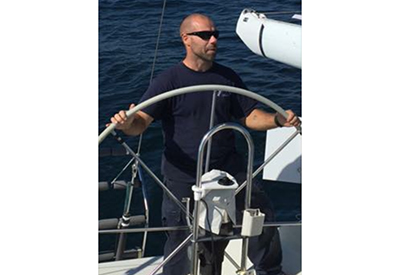 Are you a power boater, sailor, or both?
Are you a power boater, sailor, or both?
Both – I have more experience as a technician aboard sailboats, but more experience operating power boats.
Your fondest/funniest memory out on the water?
The first time I went sailing. I had been working on engine room maintenance on a hot afternoon, and the owner asked if I’d like to sail that evening. I was so used to doing work with the boat at dock, that I’d almost forgotten what it was like to leave dock and enjoy boating. The sails went up and the engine was cut – the wind filled the sails and it was the most freeing feeling I’ve ever had. It reminded me why we work so hard to keep people enjoying their time on the water!
Allegra Smith-Herriott is a recent (Sport Media) graduate (from Ryerson University) as well as an active sailor and power boater on Georgian Bay.

